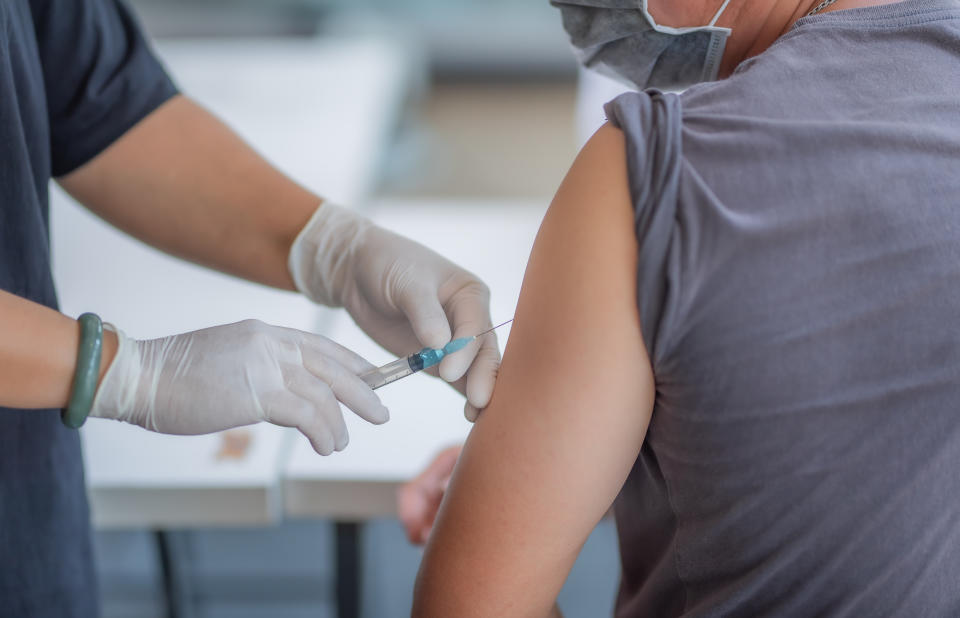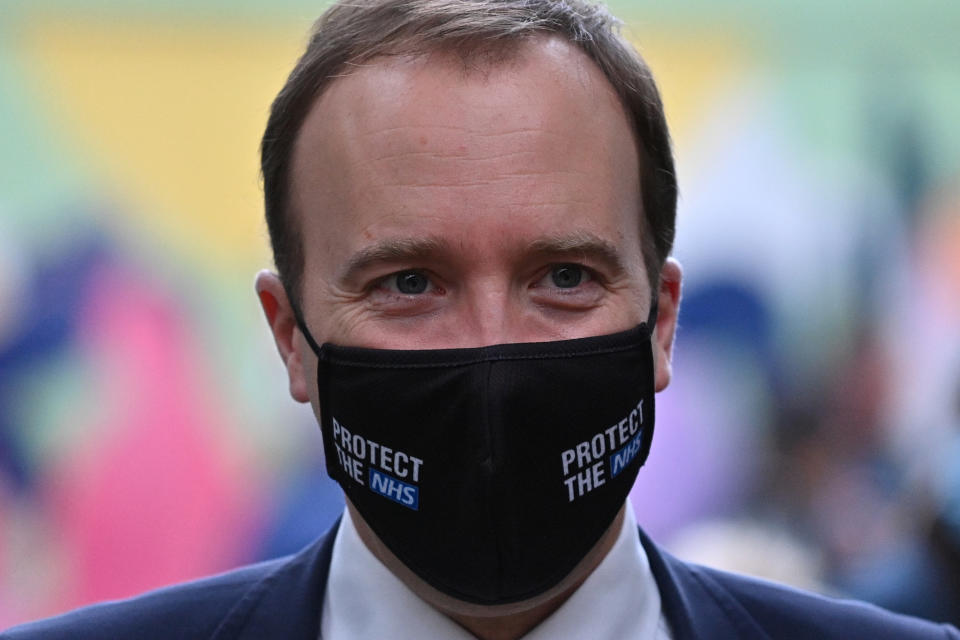Which countries are getting the most Pfizer COVID-19 vaccine first?

With the news that Pfizer’s COVID-19 vaccine can prevent more than 90% of people getting the disease, the race is on for countries to buy up as many doses as possible.
There are currently more than 200 vaccine candidates for coronavirus around the world but none have yet been approved for general use.
Pfizer’s jab, which is being manufactured in Belgium, is now the focus of attention as a way out of the pandemic and months of restrictions.
Pfizer says it expects to produce up to 50m vaccine doses globally in 2020 and up to 1.3bn doses in 2021.

Earlier this year, the UK government ordered 40m doses of the Pfizer vaccine – enough for about a third of the population.
Each person would need two doses of the vaccine, taken 21 days apart.
Commenting on the purchase of Pfizer’s vaccine, Boris Johnson told a press conference on Monday: “That puts us towards the front of the international pack on a per capita basis – and I should add we’ve ordered over 300m doses from five other vaccine candidates as well.”
Watch: Boris Johnson urges caution over Pfizer vaccine announcement
‘Early days’
Despite the news of a vaccine breakthrough, Johnson urged caution and asked the public to stick to the current COVID rules.
The prime minister said the Pfizer vaccine news was a sign the “scientific cavalry” was on its way, but stressed it was “very, very early days”.
He said the vaccine had cleared a “significant hurdle” but there were more to cross before it could be used.
Johnson repeatedly stated while we can't rely on a vaccine as a solution to the pandemic, countries are now vying for a drug that could help unlock economies and have a huge impact on public health.
Here is who is at the front of the vaccine queue…
European Union
Deals have been made for Pfizer to supply EU countries with 300m doses of its vaccine.
The vaccine is being bought on behalf of all 27 EU member states, which can “can decide to donate the vaccine to lower and middle-income countries or to redirect it to other European countries,” the European Commission said.
German health minister Jens Spahn said on Monday that Europeans would start to be given the jab at the beginning of 2021, with health workers and high-risk groups the first in line.
Italy will receive 13.6% of the first 200m doses from the EU’s allocation.
The EC has also reached a first agreement with the pharmaceutical company AstraZeneca to purchase a potential COVID vaccine, with an option to purchase 100 million more, on behalf of EU countries.

Japan
Some 120m doses of Pfizer’s vaccine have been bought by Japan, which are due to be provided in the first half of 2021.
The country has also ordered 120m doses of AstraZeneca’s vaccine candidate, beginning with 30m doses by March next year.
United States
The US has purchased 100m doses of Pfizer’s jab, with an option for another 500m to inoculate residents.
The deal, worth nearly $2bn (£1.5 billion), would see 50 million Americans given the jab, which could be distributed before the end of the year.
The White House has also made deals for other vaccines, including 100m doses from Moderna, as well as from Johnson & Johnson, Novavax, AstraZeneca and GlaxoSmithKline and Sanofi.

United Kingdom
With 40m purchased, the UK has enough of the Pfizer vaccine for a third of the population.
However, the British public are likely to be among the first in the world to receive the jab, with 10m of the doses expected this year, according to health secretary Matt Hancock.
The UK’s medicines regulator could approve the Pfizer jab within days of a licence application being submitted due to rolling analysis of the data, meaning distribution could begin as early as the beginning of December.

Deputy chief medical officer Professor Jonathan Van-Tam described the vaccine announcement as a "huge milestone" and said he was “hopeful” that it could start to be given out by Christmas.
The UK has bought up 340m doses of six prototype vaccines – more than any other country – with companies including Janssen, Novavax and GlaxoSmithKline.
A further agreement has been signed with AstraZeneca and the University of Oxford for their jab, which could produce 100m doses for the UK.
The stockpile would mean there would be enough for everyone in the UK to have five doses of COVID vaccines.
Watch: Can you catch coronavirus twice?
Coronavirus: what happened today
Click here to sign up to the latest news and information with our daily Catch-up newsletter

 Yahoo News
Yahoo News 

